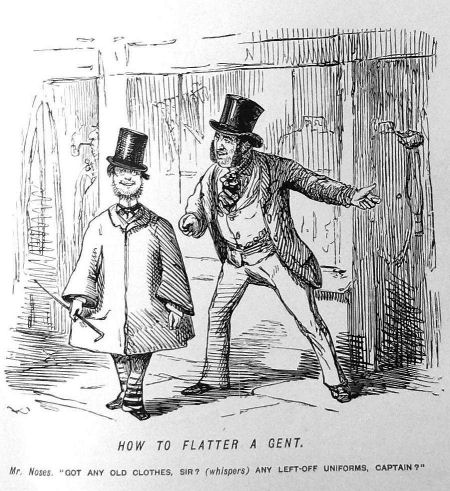---------- 1 ----------
(a)
~ (for sb/sth) feeling that sb/sth is completely
worthless and cannot be respected 轻视; 蔑视:
* I feel nothing but contempt for people who treat children so cruelly. 我鄙视如此虐待孩子的人.
* I shall treat that suggestion with the contempt it deserves. 我对那项建议理所当然嗤之以鼻. (b)
(fml 文)
state of being regarded as worthless and shameful 微不足道; 耻辱:
* behaviour which is generally held in contempt, ie despised 被人看不起的行为. ---------- 2 ----------
~ of/for sth disregard (of rules, danger, etc) 藐视, 不顾(规则、 危险等):
* She rushed forward in complete contempt of danger. 她完全不顾危险往前冲去.
* remarks which betray a staggering contempt for the truth, ie are completely untrue 全然不顾事情真相的言论. ---------- 3 ----------
(idm 习语)
beneath con`tempt completely unworthy of respect 不齿:
* Such conduct is beneath contempt. 这种举动为人所不齿. familiarity breeds contempt => familiarity.
派生:
contemptible- adj deserving contempt; despicable 不齿於人的; 可鄙的:
* contemptible cowardice 可鄙的胆怯. contemptuous~ (of sth/sb) feeling or showing contempt 鄙视的; 表示轻蔑的:
* a contemptuous person, attitude, remark 傲慢的人、 态度、 言语等
* He threw it away with a contemptuous gesture. 他带着不屑一顾的样子把它扔了.
* be contemptuous of public opinion 蔑视舆论. contemptuously adv.
复合:
con,tempt of `court (also contempt) disobedience to an order made by a court of law; disrespect for a court or judge 蔑视法庭(不服从法庭或法官的命令):
She was jailed for contempt (of court). 她因藐视(法庭)罪被监禁.




